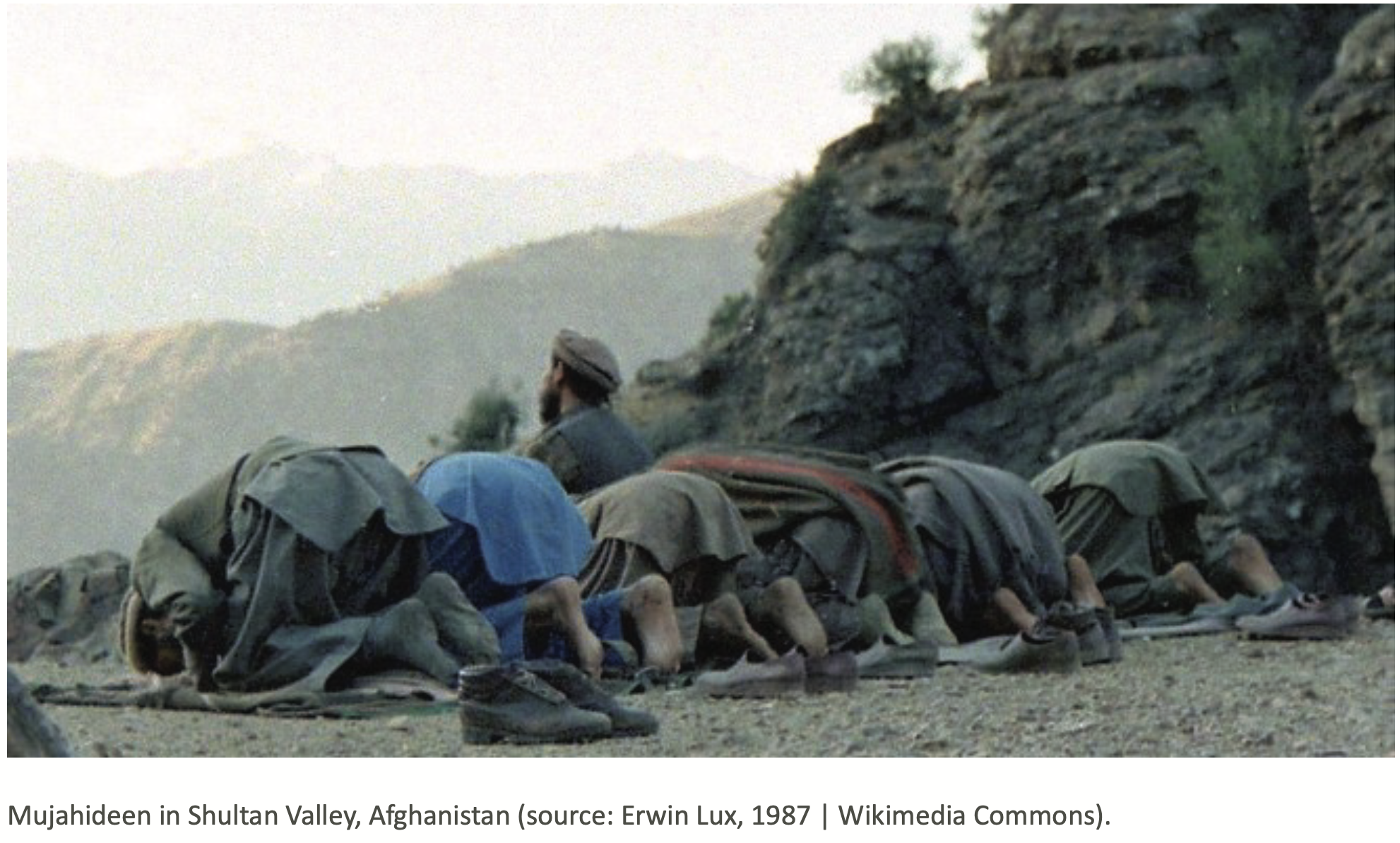
The persistent blind spot regarding the role of religion in Afghanistan is continuing after the withdrawal of U.S. troops from the country for much of the political, media, and academic worlds, according to one analysis. On his blog NYC Religion (August 16), Tony Carnes argues that the media and political leaders both neglect the diversity of belief that exists among Afghan Muslims in the U.S. and their home country. He writes that “United States leaders and press have not highlighted Afghan Islamic leaders who with sound theology endorsed what we were doing in their country…. The Taliban knew dissident imams would be a threat. So, their current overall leader, Mawlawi Haibatullah Akhundzada, put an emphasis on targeting any imam who went against the Taliban’s rigid version of Muslim teaching. The stories that are usually run in American papers have usually been on imams who were killed by the Taliban. So, unfortunately, the American public seldom got to know them except through death notices. There is a widespread intensification of Islamic faith going on among the Taliban in Afghanistan and Pakistan. Unfortunately, it is a very intolerant type of Islam.”
He cites data from a 2019 survey funded by the U.S., UK, German, and Australian governments indicating that the most trusted leaders in Afghanistan are religious leaders. The survey found that 71 percent of Afghans trust religious leaders, with about two-thirds saying that religious leaders should be consulted before making a political decision. Yet even this survey neglected asking about social issues “focused upon by the religious people. No question on abortion, no question on how to strengthen the traditional family, no question on the quality of religious education, no question on how important is religious faith for national leadership.” Such neglect papered over how medical treatment in rural areas is done by imams and “how the local religious leaders also provide counseling (as ‘family secret keepers’) to people undergoing difficult emotional issues, mediate disputes, and sometimes repair watches. The imam is involved in Afghan life from birth to death.” Carnes concludes that the survey “shows the importance of religion, then forgets about it for most of the survey. This was a prestigious survey supported by the main foreign governments with a presence in Afghanistan. Secularization blinded them. Now, we and Afghans are paying the price.”
